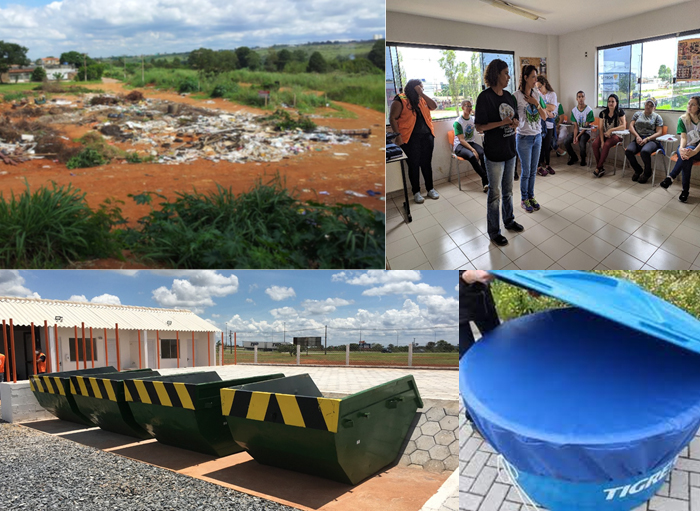Five case study projects have been selected to test TDR’s framework on a multisectoral approach to vector-borne diseases. Earlier this month, a workshop convened experts and research teams to discuss the projects’ implementation progress, challenges and the way forward.
It is increasingly recognized that the prevention and control of many diseases, including vector-borne diseases (VBDs), must be driven by more than just the health sector alone and that a multisectoral approach is required. In the context of the inter-related Sustainable Development Goals, efforts to tackle vector-borne diseases require input from sectors such as water and sanitation, agriculture, housing and education.
Last year, TDR published a theoretical framework on multisectoral approaches to the prevention and control of VBDs. To test the framework, a collaboration has been established between TDR and WHO’s Water, Sanitation and Hygiene team (WSH) to conduct case studies in disease-affected countries.
“We do feel that the multisectoral approach is how we should be conducting more of our work,” said Bruce Gordon, Coordinator of WHO’s WSH programme. “Given the health-related SDGs cut across several sectors, we’re increasingly finding the need to reach out to colleagues in agriculture, tourism and other relevant areas. Of course, this is more difficult in the context of the COVID-19 pandemic, but I do hope we’ll form a growing number of partnerships that will make our work more effective.”
Five case study projects have been selected to test the framework, two in Western Africa and in the Great Mekong Sub-region on malaria and three in the Americas and Africa on arboviral diseases. Earlier this month, a workshop convened experts and research teams to discuss the projects’ implementation progress, challenges, and the way forward. Participants were also trained on implementing multisectoral approaches and effective engagement with the water, sanitation and hygiene (WASH) sector.

Sectors represented for a multisectoral approach to controlling Zika, dengue and chikungunya in Brazil:
health, sanitation, housing and education.
Given the ongoing COVID‑19 pandemic, participants also took the opportunity to share experiences on how a multisectoral approach can be embedded in the preparedness and response before and during health emergencies. The workshop was supported by the National Institute of Parasitic Diseases (NIPD) of the Chinese Center for Disease Control and Prevention (China CDC), TDR and the WHO WSH team.
The five case study projects are as follows:
- Improving Access to Vector Control Products among Communities at Risk of Malaria in Cambodia and Viet Nam
- A pilot multisectoral intervention for controlling malaria vectors, mitigating insecticide resistance and assessing WASH facilities at health care units in selected coastal and Sahelian West African countries (Mali, Benin, Nigeria and Burkina Faso)
- Multisectoral approach to risk mitigation and control of arboviral diseases with the water, sanitation and hygiene (WASH) sector in Ghana and Mali
- Zika, Dengue and Chikungunya: Multisectoral approach for developing solutions applicable to public health for very poor people living in and around the biggest open dump in Latin America in Brasilia, Brazil
- Establishment of a multisectoral strategy in order to prevent transmission of Aedes-borne diseases in the city of Manta, a coastal region of Ecuador
TDR and WSH are able to conduct their work thanks to the commitment and support from a variety of funders. Additional funding was received from Sida, the Swedish International Development Cooperation Agency, for activities in this collaboration, which also includes developing training materials and joint workshops apart from conducting case studies.
For more information, please contact Dr Florence Fouque.

